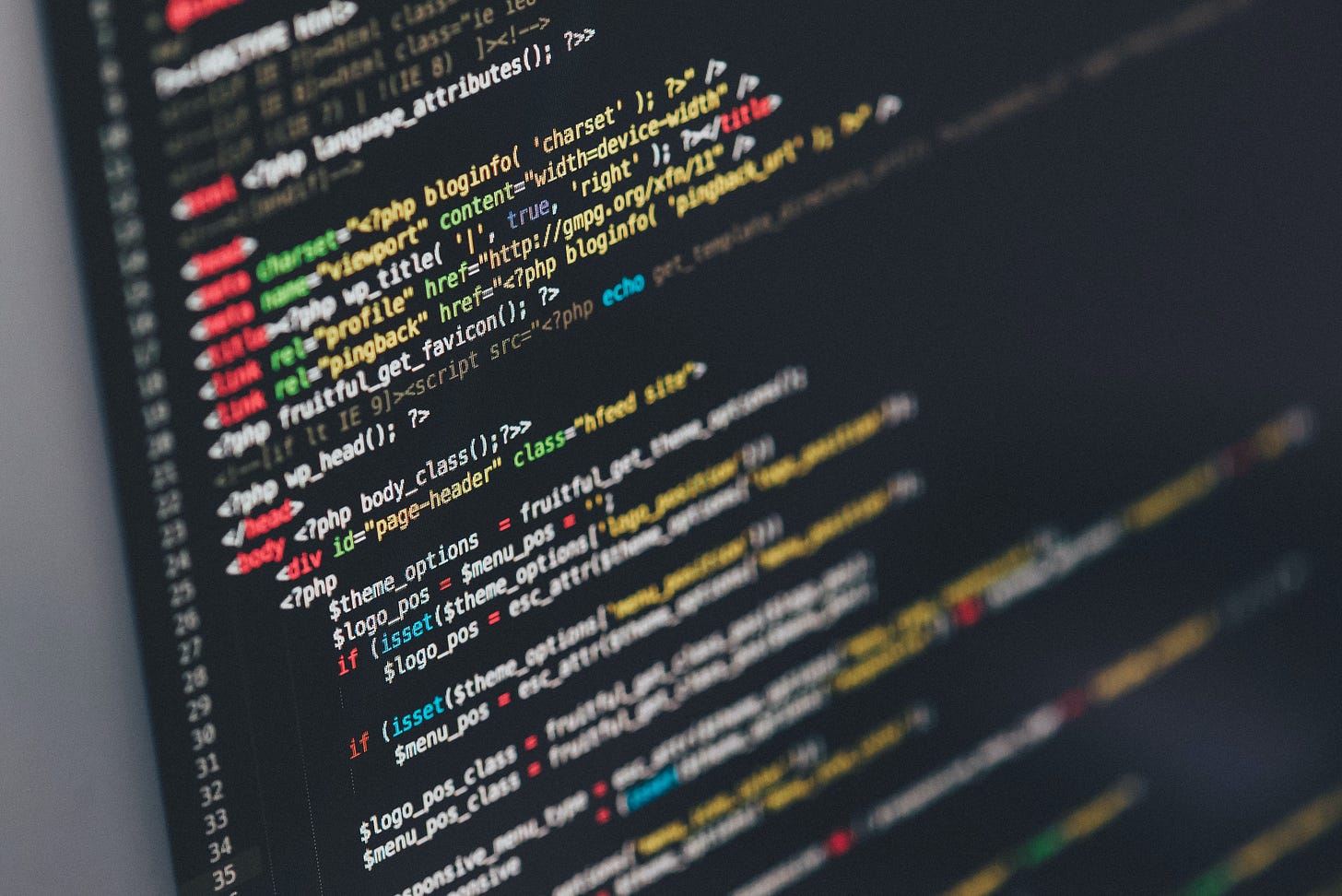In a recent interview, Guardian columnist Owen Jones talked to Mail on Sunday columnist Peter Hitchens about British politics, Vladimir Putin’s invasion of Ukraine, and other pressing matters. The interview works so well because of their different worldviews: Mr Jones and Mr Hitchens are the tea-drinking odd couple of British journalism, trying to outdo each other in grumpiness.
The interview is instructive not only because they actually listen to each other, but also because they briefly discuss what is necessary to make a convincing argument. About 37 minutes in, Mr Hitchens explains (not excuses) Vladimir Putin’s recent invasion of Ukraine, and cites Robert Kagan, Henry Kissinger, and John Mearsheimer, all of whom argued that the expansion of NATO was a needlessly antagonistic error. (He later adds Noam Chomsky to the list of people who believe this.)
Mr Hitchens also cites Jack F. Matlock Jr’s claim that the February 2014 removal of then Ukranian president Viktor Yanukovych was a “putsch” backed by the United States. At around 47:15, Mr Jones rebuts Mr Hitchens’s argument by saying that it is a an “appeal to authority” and therefore a “logical fallacy.” Mr Jones repeats this at 47:29 and Mr Hitchens responds: “not axiomatically.”
Mr Hitchens is right.
Most of our knowledge comes from authorities. No one, not even a full-time journalist, has the time or resources to independently research every important fact about the universe. In his Guardian column, Mr Jones often appeals to authorities. For example:
18 March 2020, Jones wrote “It is the case that, in the public health crisis, the UK was an international outlier, that several experts savaged the government’s approach,” (which, at the time, was the “herd immunity” approach).
25 June 2020, Jones stated “If lockdown had been introduced even a week earlier, declared Prof Neil Ferguson, our pre-eminent epidemiologist, our death toll could have been halved.”
27 May 2021, Jones noted “Nineteen days before lockdown, the New York Times made astute observations about Britain’s looming calamity that were lacking in most of the domestic press, noting a lack of ventilators, ‘already overflowing’ intensive care beds, some health workers buying their own PPE and an austerity-drained NHS.”
14 October 2021, Jones argued that the coronavirus and associated lockdowns disproportionately affected the poor: “… death rates for the under-65s were 3.7 times higher in the poorest areas than the most affluent. If this virus did not so gratuitously target the lives of the poor, and was more of an equal opportunity killer, who believes the government response would have been the same? Would it have waited so long not before not only imposing the first lockdown, but also ignoring the Scientific Advisory Group for Emergencies (Sage) advice in September last year to impose a second lockdown to avoid catastrophe?”
By 22 December 2021, Jones dispensed with the need of authority, asserting “Lockdowns were always understood to come with dire social and educational consequences: but they were a lesser evil than allowing a virus to kill hundreds of thousands, and cause the collapse of the NHS,” without any evidence.
This reveals that there are (at least) two traps when seeking logical fallacies. The first is that some people who know a bit about logical fallacies are too quick to identify them in arguments.
(I was one of these people when I was an undergraduate: I would spend an afternoon reading scholarly articles, judge most of the arguments faulty, and further exercise my discernment by tasting every beer at the pub.)
The first trap triggers the second, the trap of the double-standard: my opponent’s logical fallacy is my sound reasoning.
The appeal to authority is not necessarily (or “not axiomatically,” as Mr Hitchens says) a fallacy. If you believe that hydrogen is the most abundant element in the universe based on what your chemistry professor says, that’s not a fallacy. Your professor is an expert on such things and has no reason to deceive you.
The appeal to authority is a fallacy if:
The supposed authority doesn’t have the relevant expertise; and/or
There’s reason to doubt the supposed authority’s objectivity.
If you believe Wilson makes the best tennis racquets just because your favourite writer William Poulos happens to use one, you’re making the first type of fallacious appeal to authority. I am not an expert on tennis racquets.1
If you believe Wilson makes the best tennis racquets just because the guy working at the Wilson shop said so, you’re making the second type of fallacious appeal to authority. He might be an expert on tennis racquets, but you have reason to doubt his objectivity on the subject.
Some cases are not so easy. What if your chemistry professor tells you he has concocted a panacea? He’s tried it on himself and cured his lifelong illnesses.
Although he has the relevant expertise, you have reason to doubt his judgement about some areas of his subject. You wouldn’t want to ignore everything he says about chemistry, but you would have some scepticism about his claims because at least one of them (about his panacea) hasn’t been verified by another expert in the field.
Owen Jones and the Authorities
So, was Mr Jones right to call Mr Hitchens’s appeal to authority a fallacy? Do Messrs Kagan, Kissinger, Chomsky, Mearsheim, and Matlock have the relevant expertise?
If they don’t, I can’t imagine who does.
Is there any reason to doubt their objectivity? It’s not clear what these experts would gain by making arguments (NATO expansion was a mistake, the removal of President Yanukovych was a putsch supported by the United States) that scold their government’s foreign policy. It’s possible their political biases affected their judgement, but their political differences (who could imagine Messrs Kissinger and Chomsky agreeing on anything?) make it unlikely.
“Mr Jones must provide a reason why the named foreign policy experts should not be taken seriously.”
To prove that Mr Hitchens’s argument is fallacious, Mr Jones must provide a reason why the named foreign policy experts should not be taken seriously; merely repeating “appeal to authority” isn’t enough.
Owen Jones and the Lockdown
Here’s another well-known tricky argument:
We shouldn’t stockpile nuclear weapons because Albert Einstein wrote that this would lead “to destruction even more terrible than the present destruction of life.”
Is this a fallacious appeal to authority?
I think so: first, because other experts disagreed (and still disagree) that it’s a mistake to stockpile nuclear weapons. Second, because the proposed area of expertise is far too wide. Einstein was an expert on nuclear physics, but that didn’t make him an expert on the social and political and military problems raised by nuclear weapons.
One can apply the same critiques to Mr Jones’s appeals to authority in favour of lockdowns. Experts disagreed (and still disagree) that it was the right response to Covid-19. (See here, here, here, here, here, here, and here. On 24 Jan 2020, the Guardian itself wrote that while “sweeping measures are typical of China’s communist government, large-scale quarantines are rare around the world… the effectiveness of such measures is unclear.” The newspaper that prints Mr Jones’s columns also quoted Dr Gauden Galea, the World Health Organization’s representative to China: “To my knowledge, trying to contain a city of 11 million people is new to science… It has not been tried before as a public health measure. We cannot at this stage say it will or it will not work.”)
Furthermore, as I’ve argued elsewhere, the epidemiologists and the public health officials favouring lockdowns are not experts in the social, political, economic, and psychological aspects of such a policy. No scientific argument can prove that these aspects are less important than any others – so who decided they were?
Politicians and journalists.
Apparently, all decisions regarding the lockdown were made in accordance with “the science,” but most people’s idea of “the science” comes from politicians and journalists. Even when scientists speak for themselves, journalists will formulate interviews, news stories, and headlines according to their, the journalists’, political biases.
Anyone who has experience in academia knows that groupthink, vendettas, and personal aggrandizement can stymie even the best research, and it’s hard to think that scientists became more objective in a situation where they were working closely with governments, panicked legislators and journalists were demanding answers, and the relevant data were poorly understood and varied from day to day.
So why not follow “the best science”?
How does anyone know what “the best” science is? Best by what measure? Should we trust politicians and journalists to inform us? No: the whole point of appealing to “the science” was to avoid relying on partisan non-specialists.
Then why not listen to the scientists about what the best science is? Because this argument is circular: their authority is based on their authority. And why should anyone uncritically accept the claims of fallible, self-appointed experts who know everything except their own shortcomings?
These are human failings, and I can sympathise with them: only a saint is free from pride and self-deception. Yet, much of the authoritative knowledge during the pandemic response came not from humans but from computer models, which capture only the aspects of reality that can be represented by mathematics. Why assume other aspects are unimportant? This might provide an air of objectivity, but computer models are accountable to no one and can’t be voted out of office.
There was a further travesty: as always, certain political and financial interests amplified the voices supporting lockdowns while muffling scepticism of them.
Don’t just take my word for it. Early in 2020, I came across Professor of Medicine and Professor of Epidemiology and Population Health, John Ioannidis, the author of the 2005 paper titled “Why Most Published Research Findings Are False.” In September 2021, he published a lament in Tablet magazine (worth reading in full):
Before the pandemic, the sharing of data, protocols, and discoveries for free was limited, compromising the communalism on which the scientific method is based. It was already widely tolerated that science was not universal, but the realm of an ever-more hierarchical elite, a minority of experts. Gargantuan financial and other interests and conflicts thrived in the neighborhood of science—and the norm of disinterestedness was left forlorn.
As for organized skepticism, it did not sell very well within academic sanctuaries. Even the best peer-reviewed journals often presented results with bias and spin. Broader public and media dissemination of scientific discoveries was largely focused on what could be exaggerated about the research, rather than the rigor of its methods and the inherent uncertainty of the results.
The “norm of disinterestedness” became positively harmful during the Covid-19 pandemic for reasons that you’d think Mr Jones would discern:
Big Tech companies, which gained trillions of dollars in cumulative market value from the virtual transformation of human life during lockdown, developed powerful censorship machineries that skewed the information available to users on their platforms. Consultants who made millions of dollars from corporate and government consultation were given prestigious positions, power, and public praise, while unconflicted scientists who worked pro bono but dared to question dominant narratives were smeared as being conflicted. Organized skepticism was seen as a threat to public health. There was a clash between two schools of thought, authoritarian public health versus science – and science lost.
My point is to show that Mr Jones’s arguments for lockdown involved a fallacious appeal to authority. His authorities had expertise in only one (important but limited) area of Covid-19 public policy. Furthermore, the specialised knowledge they were drawing from was (and remains) provisional and inconsistent.
There is one specialist you can trust. Subscribing to Cosy Moments and sharing this article will make you 95% smarter and more attractive. Trust me. I’m an expert.







In the words of C.S. Lewis,
"Ninety-nine per cent of the things you believe are believed on authority. I believe there is such a place as New York. I have not seen it myself. I could not prove by abstract reasoning that there must be such a place. I believe it because reliable people have told me so. The ordinary man believes in the Solar System, atoms, evolution, and the circulation of the blood on authority–because the scientists say so. Every historical statement in the world is believed on authority. None of us has seen the Norman Conquest or the defeat of the Armada. None of us could prove them by pure logic as you prove a thing in mathematics. We believe them simply because people who did see them have left writings that tell us about them: in fact, on authority."